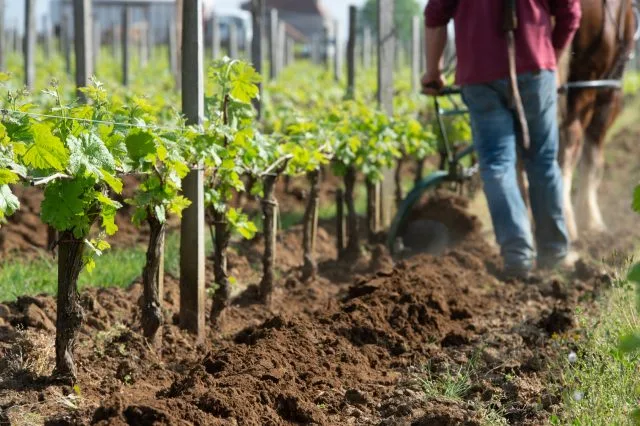Soil health results at Pyramid Valley’s Mānatu vineyard prove the link between organic practices, thriving ecosystems, and superior wine. Nick Paulin, who has been a national viticulturist for Aotearoa New Zealand Fine Wine Estates since 2017, is passionate about the symbiotic relationship between soil health and wine quality. His dedication to sustainable viticulture was underscored this winter when soil samples from Pyramid Valley’s Mānatu vineyard in Lowburn returned unprecedented results from environmental DNA tests for earthworm populations, New Zealand Winegrower reported. Surprised by the high findings of earthworm count, Paulin contacted the lab for confirmation that there hadn’t been an error, only to learn that triplicate tests affirmed the extraordinary data. “It’s reassurance that we’re on the right track,” (in creating excellent environments for organic wine production) Paulin told New Zealand Winegrower. Paulin, who is also deputy chair of Organic Winegrowers New Zealand and a member of New Zealand Winegrowers’ Environment Committee, emphasises that nurturing soil health is integral to crafting better wines and securing the industry’s social licence. He has previously participated in innovative trials like “Soil your Undies,” measuring soil health by the breakdown of buried cotton underwear. “It’s our duty of care to look after the land,” he states, highlighting the role of sustainable farming in leaving vineyards healthier for future generations. Soil health: a cornerstone of sustainable practices In the organic wine industry, soil health remains a cornerstone of sustainable practices, linking vineyard resilience to environmental stewardship. Chris Stroud, New Zealand Winegrowers European market manager, affirmed
This Article was originally published on The Drink Business - Wine







